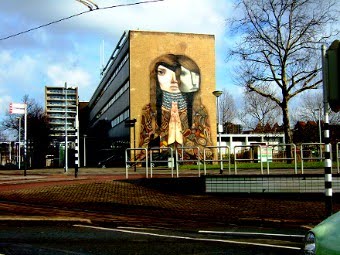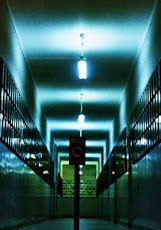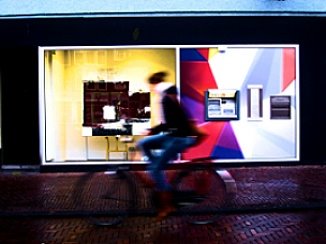The
Euro situation in Europe is firmly political, with roots in the
reunification of Germany in 1990, a year after the fall of the
Berlin Wall. It is claimed France insisted on currency union (Euro)
for its approval to that event and that everyone, including France,
knew they were putting the cart before the horse. This trade off is
still denied in certain German political circles.
Today's
Europe questions the doctrine of closer political and currency union
in the face of skepticism to Brussels’s dictatorial approaches to
sell them a Superstate. Citizens see social- political changes
happening organically for Europe's sovereign nations since the end of
the Cold War. Brussels's has lost the use of war paranoia to
further the Federalist cause.
It
only takes a child to cry “the Emperor has no clothes” for people
to join and applaud the obvious. The long held EU dogma, Europe's
destiny lies in political and currency union, is no longer sacrament
amongst nation states. Across the continent intellectuals are
preparing for a redefined European Union where old taboos about
loyalty to the project are questioned and redrawn.
Was
France right to put the cart before the horse in 1989 knowing we
would reach this discussion point eventually over currency and
political union. Was this just luck or far sighted good judgement by
François Mitterrand . In other words, was the Euro and the Euro zone
just a tool to create a stable democratic Germany.
How
hard will Chancellor Angela Merkel's calls for closer European Unity,
which Helmut Kohl had proposed back in 1989, fall on the ears of
today's France given that Germany is no longer a military threat and
one of Europe's strongest democracies. What can Chancellor Merkel
gain by such calls over universal doubts (including German) to such
moves. Does she provoke a clear rejection by the nation states so the
Euro can be put to sleep and a new phase in Europe's journey be
awakened.
 |
| The Circus is in town, 2012 |
Politicians
are increasingly dividing over Europe's direction. Former EU
commissioner and technocrat leader of Italy Mario Monti declared
"There are many manifestations of populism that are aimed at
disunity in nearly all the member states." While Spain's former
premier Jose Maria Aznar believes “It is a very serious mistake to
try to destroy the nation states. You cannot go against the cultural
beliefs of the people and the forces of history. A United States of
Europe is an impossible idea."
What
is certain is the EU is no longer the golden dream of Europe's
citizens. Nationalism is back in favour and any future federation
clearly uncertain. The Brussels Bubble is now perceived by millions
as a Brussels Circus.






















.jpg)

